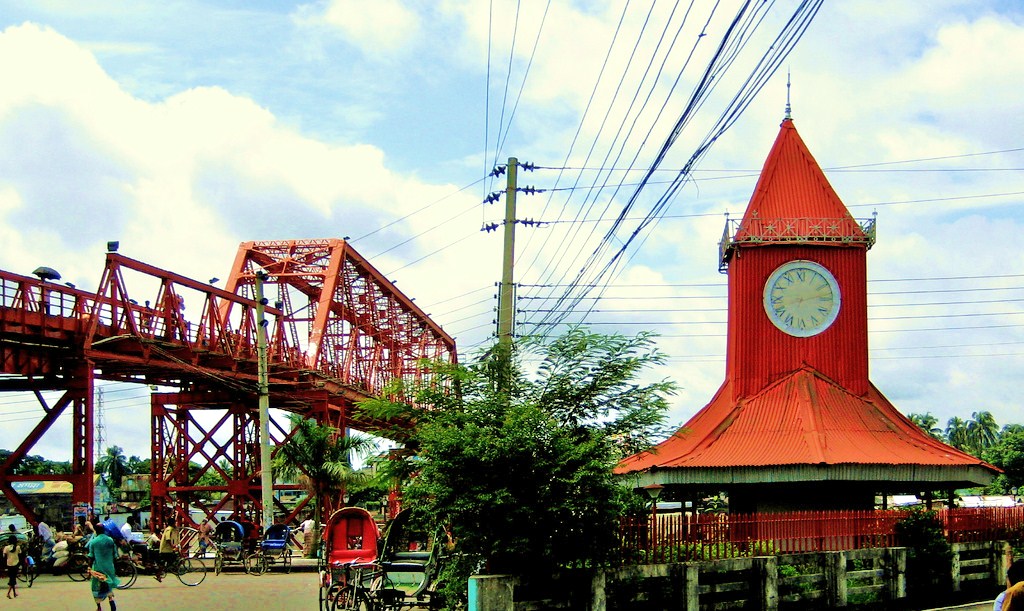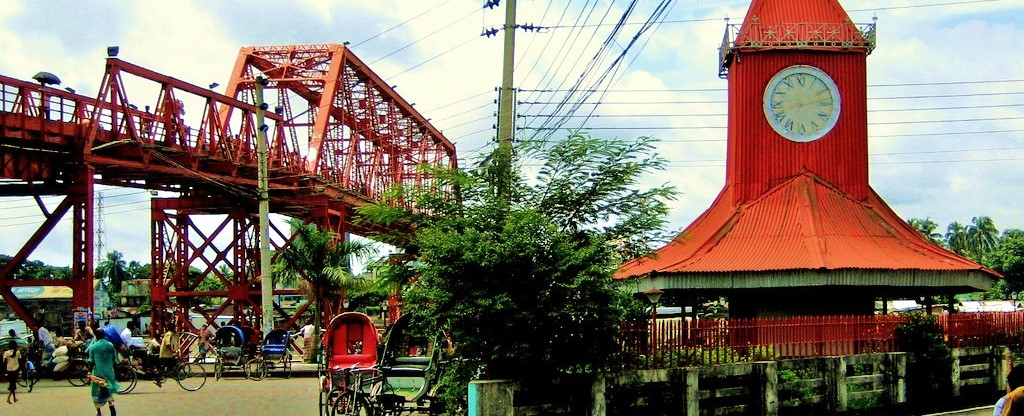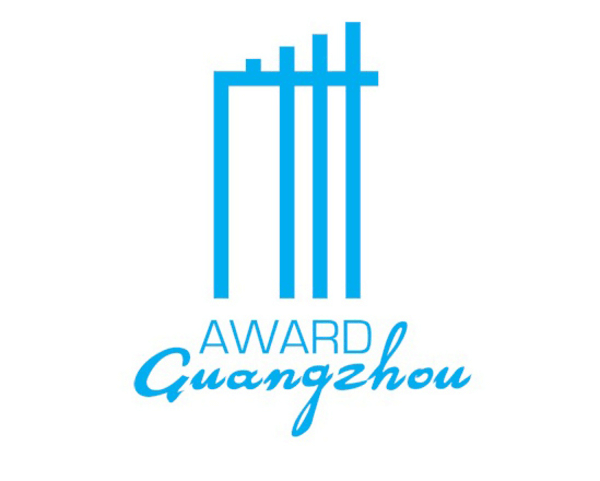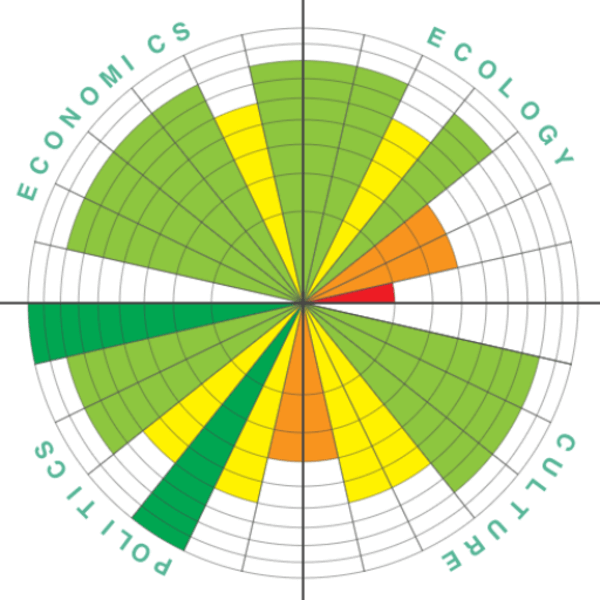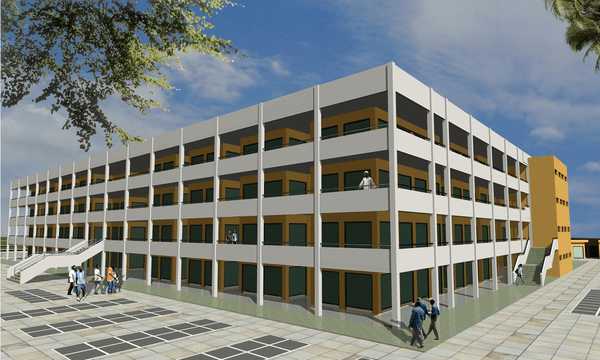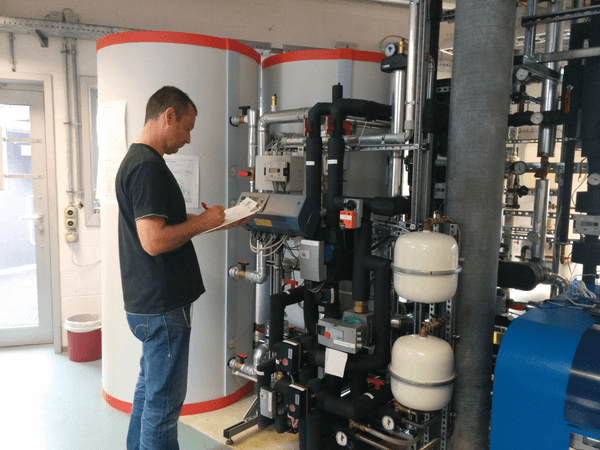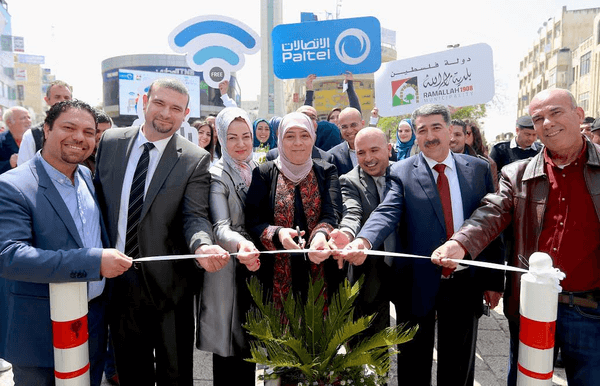City
Sylhet
Main actors
City Government, NGO / Philanthropy, Community / Citizen Group, Public Utility, National Government
Project area
Whole City/Administrative Region
Duration
Ongoing since 2013
A community based initiative to raise awareness and ensure preservation of natural water resources through sustainable drainage systems that will help eradicate water-logging in the city of Sylhet.
Sylhet is a metropolitan city in north-eastern Bangladesh located on the banks of the Surma River, surrounded by the Jaintia, Khasi and Tripua hills. The city has a high population density with nearly 500,000 inhabitants in 26.50 square kilometres.
During Monsoon season water-logging significantly disrupts daily life in Sylhet. Water-logging refers to the saturation of soil with water. Soil may be regarded as water-logged when the water table of the groundwater is too high to conveniently permit an anticipated activity, such as agriculture.
The immediate consequences of water-logging include a shortage of usable drinking water, disruption to sanitation systems and utility and transport services. Longer-term impacts include unemployment, underemployment, reduced production levels, social disruption (school, housing, health, markets, women's mobility) and loss of earnings for low-income workers.
In 2014, Sylhet City Corporation identified water-logging as a city-wide crisis and prioritized funding to implement projects and strategies to address the issue.
Guangzhou Award
This project was shortlisted for the 'Guangzhou Award' in 2014 in the following category: Deserving Initiative.
External links / documents
On Map
The Map will be displayed after accepting cookie policy
